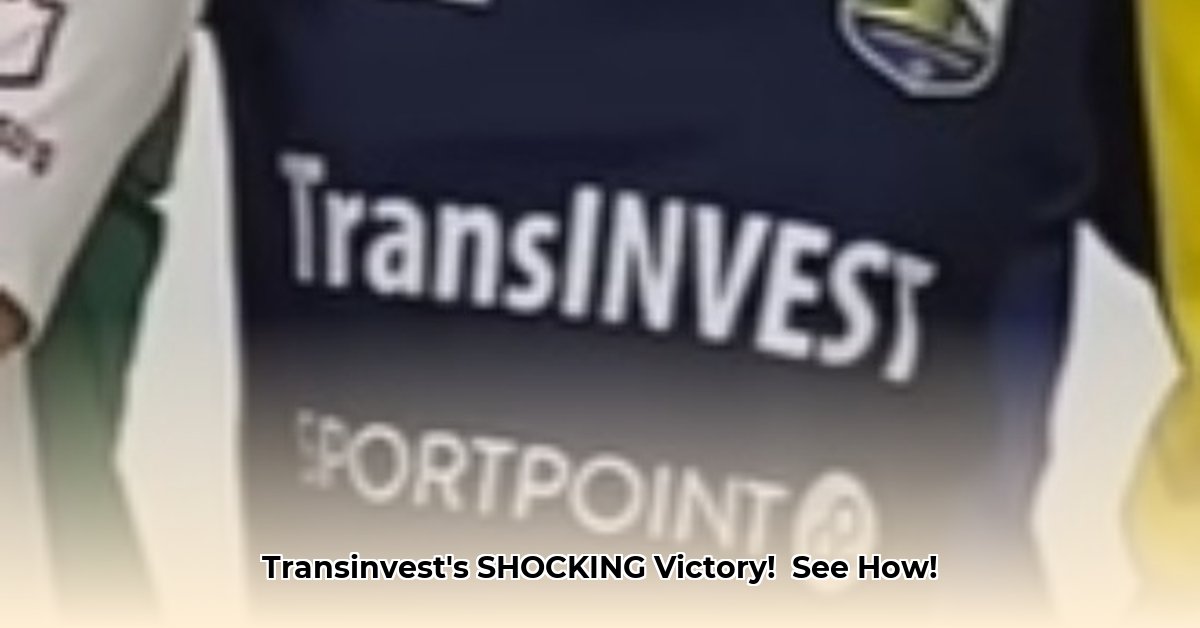
Fk Transinvest Vs Fk Minija 2017: A Retrospective Analysis
The Match: A Summary of Limited Data
FK Transinvest secured a 2-1 victory over FK Minija in their 2017 encounter. While the final scoreline is clear, the specifics of the match remain elusive due to limited available data. This lack of granular detail hinders a complete match breakdown, making analysis challenging. Think of it like trying to reconstruct a puzzle with only a few pieces!
Performance Analysis: Unveiling the Unknowns
The available data – primarily the final score and league standings – indicate that FK Transinvest, positioned higher in the league table, were the favourites going into the match. Their victory, therefore, isn't entirely unexpected. However, without access to individual player statistics (like shots on target, passes completed, tackles made), detailed tactical analysis (formations, strategies employed), and factors like injuries or suspensions, a comprehensive evaluation remains impossible.
It’s like trying to understand a complex machine without being able to examine its individual components. Access to more comprehensive data would allow for a far more nuanced understanding of the match dynamics.
Future Predictions: Cautious Forecasts
Predicting future encounters between FK Transinvest and FK Minija based solely on the 2017 result is speculative at best. While Transinvest's superior league position suggests a higher probability of future success against Minija, this is a highly qualified assumption. Several factors, unaccounted for due to lack of data, could easily reverse this prediction. Think of it as predicting the weather based solely on a single, past sunny day.
More detailed data—including head-to-head records between these two teams, individual player performance statistics, and tactical analysis—is essential for generating reliable and robust predictive models. This is crucial for any meaningful forecasting.
Actionable Insights: What Each Stakeholder Needs To Know
FK Transinvest Management: Review available internal data, focusing on strengths and weaknesses identified in the 2017 season. Invest in robust data collection systems to improve future performance analysis and strategic planning. This data-driven approach can lead to more informed decisions.
FK Minija Management: Analyze what went wrong in the 2017 match, taking into account their then-current league position. Consider strengthening areas of weakness through targeted improvements in player recruitment and tactical refinement. Implementing a structured analysis of the game will be key.
Sports Data Providers: Increase the depth and breadth of data collected for future matches. The inclusion of individual player statistics and tactical details would significantly improve the usefulness of data for analysis and prediction. A truly comprehensive data set is the key to understanding the game at a deeper level.
Conclusion: The Need for Comprehensive Data
The FK Transinvest vs FK Minija 2017 encounter demonstrates the critical need for comprehensive data in sports analytics. Without detailed information, analysis is severely limited, and predictions remain unreliable. Investing in robust data collection methodologies is essential for informed decision-making and improved strategic planning in football. Only with more complete data can we paint a more accurate picture of team performance and effectively forecast future outcomes.